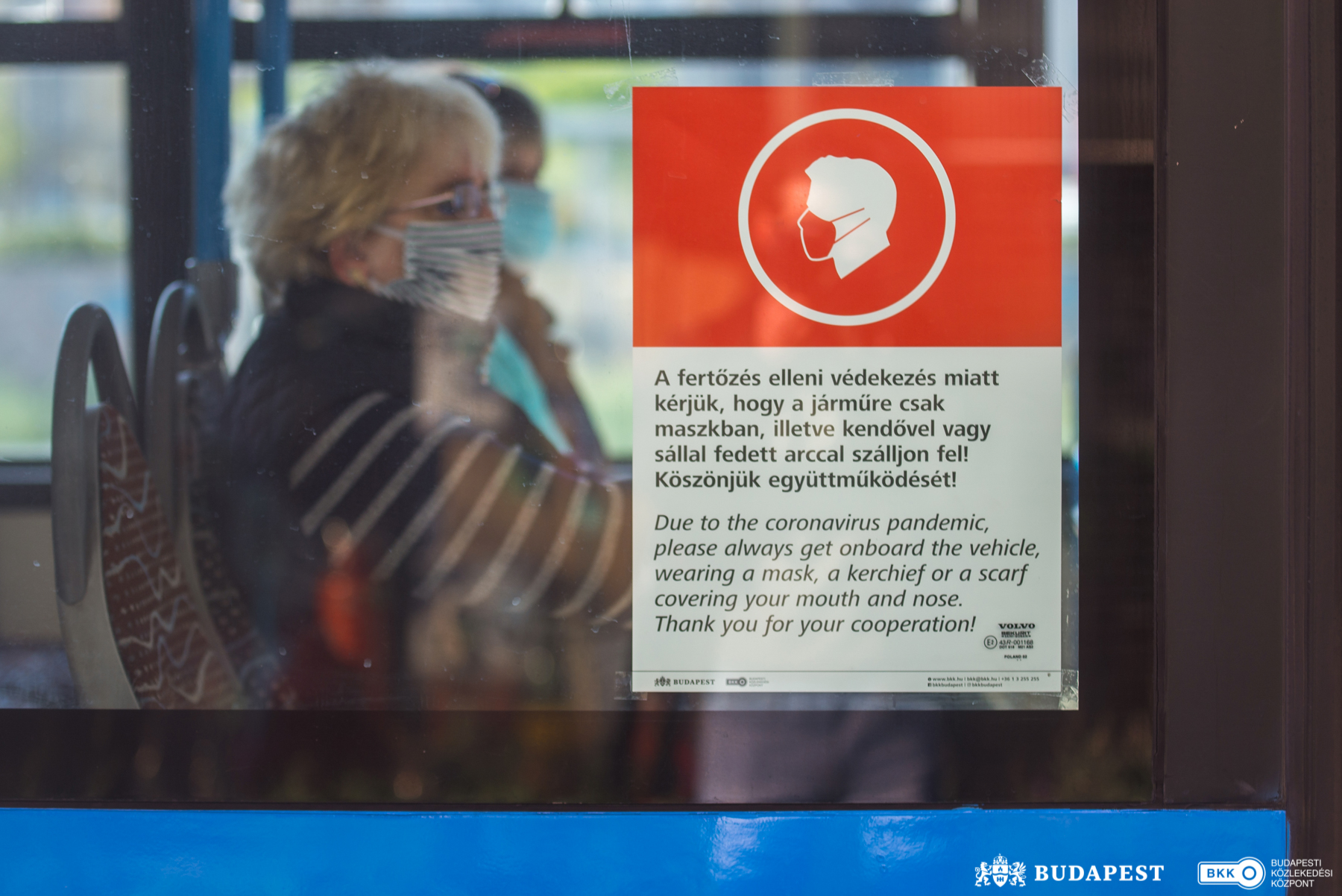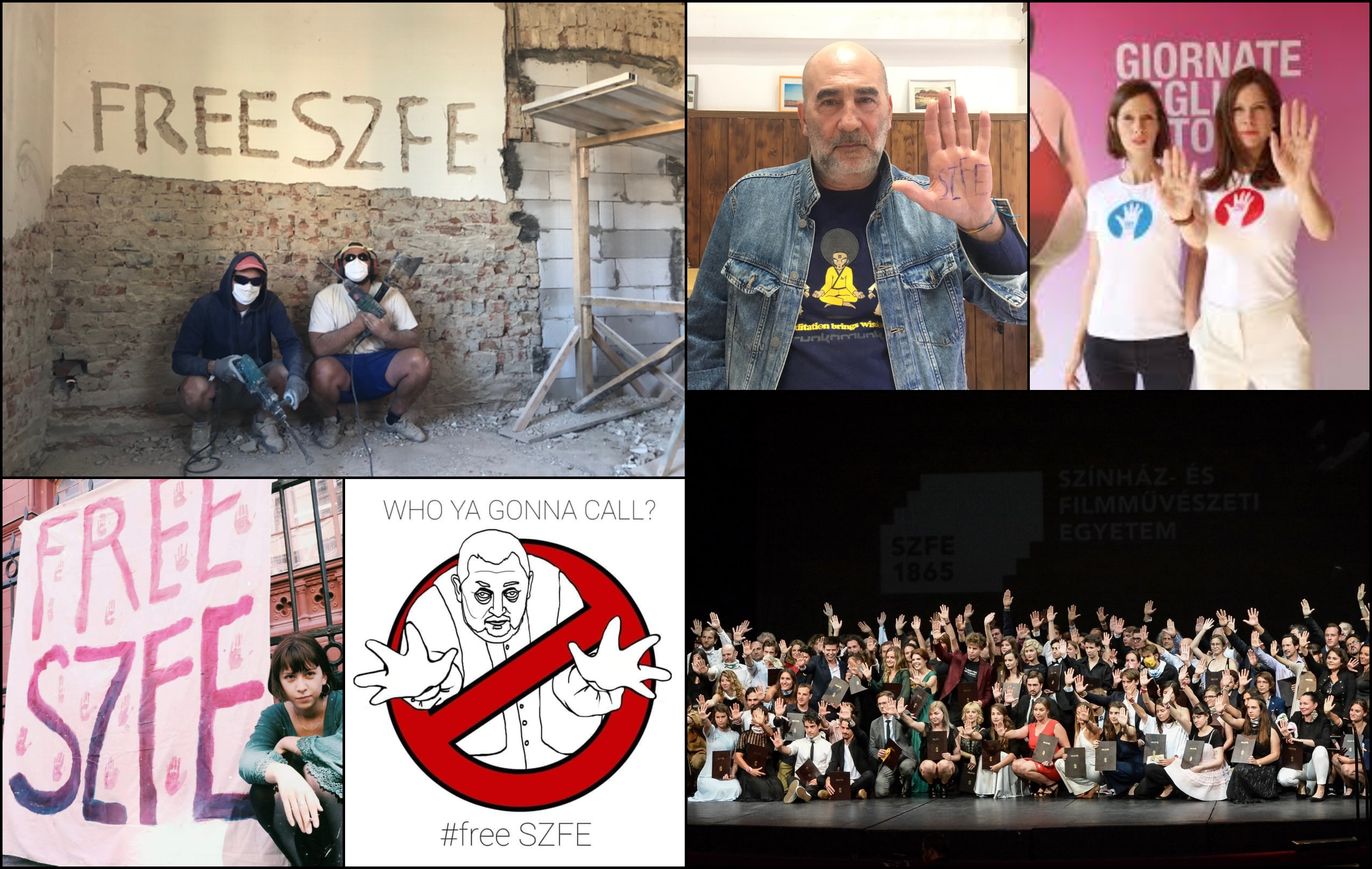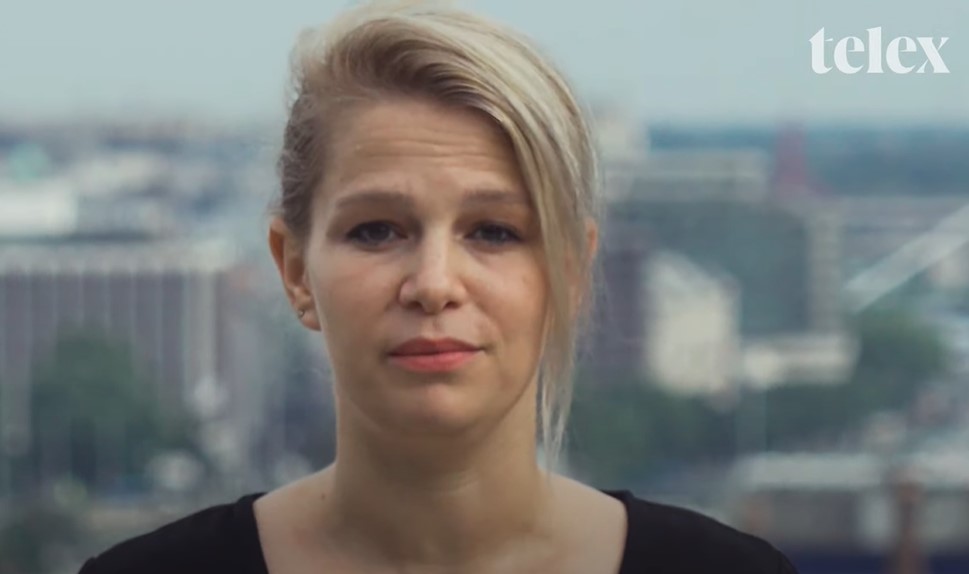Hungary's second coronavirus wave breaks spring records
- Stay updated on the latest news from Hungary by signing up for the free InsightHungary newsletter:
The record for the highest number of active coronavirus cases since the start of the pandemic was broken on Thursday at 5,571, nearly three times the number of active cases at the peak of the virus' first wave in May. Also on Thursday, 476 new cases of the virus were registered and two elderly patients lost their lives to the disease.
The spread of the virus in Hungary has hastened dramatically in September: this month, new cases were registered in all of Hungary's 19 counties in a 24 hour period, a first. In ten counties, the number of new cases since August 24 has exceeded the total number of cases registered since the beginning of the pandemic.
More than 10,000 tests were conducted in Hungary in the last 24 hours, the second highest number of daily tests since March. The proportion of positive tests was 4.7 percent. Some 7,000 people are requesting coronavirus tests daily, according to chief medical officer Cecilia Müller.
Rector of Semmelweis University Béla Merkely said that the percentage of people visiting doctors with upper respiratory symptoms who test positive for the coronavirus has grown to 20-25 percent, significantly higher than the six percent recorded in March. The majority of new cases are among younger people, he said, adding that community spread of the virus has overtaken congregate spread as the primary driver of new cases. Merkely recommended mandatory wearing of masks in all indoor areas and the cancellation of parties and events, adding that there could be as many as 100,000 carriers of the virus currently in Hungary.
Beginning September 15, the national train and bus companies will use police to enforce the wearing of masks, handkerchiefs or scarves on all transportation vehicles, and those who refuse to comply will be removed, the companies announced. The Budapest Transport Centre (BKK) also announced that passengers that do not wear a mask or do so improperly on public transit vehicles can be fined HUF 8,000 (€22).
Budapest Mayor Gergely Karácsony wrote an open letter to Prime Minister Viktor Orbán on Thursday asking for more transparency between the central government and local governments on pandemic defense measures. Karácsony also recommended that the government:
- increase its testing capacity and provide free coronavirus tests to those who need them
- provide free testing to teachers to contain the spread of the virus in schools, allowing for the continuation of in-person education
- implement a strategy for preventing the transmission of the virus from younger people to at-risk older populations.
In a response to the letter, Orbán wrote on Thursday that the Emergency Task Force does not consider it necessary to impose special restrictions on Budapest, and that all information on the pandemic gathered by the Task Force is publicly available. Orbán also recommended that Karácsony "develop an adequate working relationship with the government's Emergency Task Force."
The only restriction imposed by the government thus far to slow the spread of the virus' second wave was last week's closure of Hungary's borders to most foreign travellers. (Czech, Slovak and Polish citizens that booked accommodations in Hungary before September 1 will be allowed to enter the country if they present a negative coronavirus test no more than five days old.)
Other exceptions to the border closure apply to those entering the country to attend international cultural or sporting events, including the UEFA Super Cup football match, which will be held at the Puskás Arena in Budapest on September 24. Visitors with a ticket to the event and one negative PCR test will be permitted to enter the country, but must leave within 72 hours.
Thousands of demonstrators form human chain to protest takeover of arts university
Thousands of demonstrators formed a human chain that wound through the streets of Budapest on Sunday in protest of what students call a government-led attack on the academic autonomy of the University of Theatre and Film Arts (SzFE).
The line of protesters, which included students, professors and supporters, stretched for several kilometers from the university campus in central Budapest to the gates of the Hungarian Parliament. Demonstrators passed a copy of the university's charter - which inscribes its guarantees to academic freedom and institutional autonomy - hand-to-hand down the chain and delivered it to the doors of the Parliament.
After delivery of the charter, some 8,000 protesters gathered on Kossuth square.
The demonstration came amid an intensifying conflict between the university and the government over changes to its leadership and financing structure. SzFE leaders - including the acting rector, deputy rector, and the heads of each of the university's faculties - resigned on August 31 in protest of a government-imposed management model which saw the university's democratically-elected senate stripped of its powers and replaced with a board of directors stacked with government appointees.
Numerous professors also resigned, and students have occupied the university for nearly two weeks, barring entrance to any newly-appointed members of the university's board of directors. On Sunday, a delegation of students announced that the blockade of the campus would continue until the resignation of the government-appointed board and its chairman Attila Vidnyánszky. The university's deputy rector said that the beginning of the academic year would be postponed for a week.
Thousands of people in Hungary and across the world have issued statements in solidarity with SzFE, including dozens of theatres and universities, musicians, actors, writers, directors, academics, trade unions and individuals. An updated list of supporters can be found here.
EPP postpones vote on expelling Fidesz from center-right group
The European People's Party will not hold a vote on expelling Fidesz at its next party assembly on September 28, according to reports from German newspapers Der Spiegel and Süddeutsche Zeitung.
The outlets report that the chairman of the center-right group Donald Tusk told the EPP that while 14 member parties have filed motions to exclude Fidesz, no vote can be held at the next assembly because it will be conducted via video conference, precluding full participation. The matter can only be addressed at the next physical political assembly, Tusk said, "which will be held as soon as circumstances allow."
Fidesz was suspended from the EPP in March 2019 over rule of law concerns and anti-Brussels rhetoric, and a three-member commission of "wise men" was sent by the EPP to assess Fidesz's compatibility with the group's values. That commission was reportedly unable to reach a consensus on how to proceed, resulting in the indefinite extension of Fidesz's suspension in February.
Radio Free Europe returns to Hungary
Radio Free Europe/Radio Liberty's Hungarian service re-launched on Tuesday following a 27 year absence, in response to what it called "the dramatic constriction of the country’s media landscape".
“We are very excited to return to Hungary with state-of-the art programming and RFE/RL’s signature commitment to serving the public interest by reporting the issues that our audiences say matter most,” RFE/RL acting President Daisy Sindelar said.
The news service, which is funded by the United States government, will publish ad-free content in Hungarian on the internet site Szabad Európa, featuring written articles, videos and podcasts. Around ten journalists will constitute the site's staff, led by director Gyula Csák, who worked formerly at BBC and Euronews.
RFE/RL's Hungarian service, called Szabad Európa Rádió, gave its first broadcast in Hungary on October 6, 1950, and provided Hungary with radio transmissions from Munich throughout the Cold War until 1993. Its launch in Hungary marks the third re-entry into an EU member state: services in Romania and Bulgaria were launched in 2019.
In an interview with 444, Csák said that he has not detected any political pressure at RFE/RL after U.S. President Donald Trump appointed conservative filmmaker Michael Pack to lead the U.S. Agency for Global Media (USAGM), which oversees RFE/RL. In June, Pack terminated the longtime leaders of all USAGM organizations, including at RFE/RL, and appointed leaders which critics said are loyal to Trump.
Csák said that while the outlet is funded by the U.S. Congress, "this is not about us having to serve any kind of American foreign policy goal...Szabad Európa has a legally-defined purpose and task to act as a public service medium in the countries where it is launched...to stand in the middle, impartially, objectively and independently."
Former Index journalists launch crowdfunding campaign for new site
Former staff of Index.hu announced a crowdfunding campaign on Friday to support the launch of a new site, Telex.hu.
The journalists, who resigned en masse from Index at the end of July, wrote that Telex would be "a truly independent, diverse, interesting, entertaining and impartial news site". As of Thursday, the campaign had received contributions from more than 28,000 donors.
Former Index deputy editor-in-chief Veronika Munk will be the head editor of the website which, according to the donation page, is allied "neither with the opposition or the governing party, but simply represents correct, critical and curious journalistic values".
"The free press is in bad shape in Hungary as the number of [outlets] that adequately put a check on power have decreased over the last ten years," the journalists wrote. "There are more and more newspapers, radio and television stations whose owners are connected to politics and politicians", while majority ownership of Telex will be held by "the impartial journalists and editors who will guarantee its independence", according to the support page.
The launch of Telex comes more than a month after nearly the entire staff of Index resigned in protest of the firing of editor-in-chief Szabolcs Dull, whose dismissal came amid weeks of shakeups that led to fears that the site was the target of a politically motivated coup.
George H.W. Bush statue to be inaugurated in Budapest
A statue honoring former U.S. President George Herbert Walker Bush will be erected in Budapest's Szabadság tér (Liberty Square) in October, the Prime Minister's office and United States Embassy announced in a joint statement on Sunday.
The statue of Bush, the first sitting U.S. president ever to visit Budapest, will be inaugurated on the occasion of "the thirtieth anniversary of the fall of communist rule in Central and Eastern Europe."
According to the announcement, George H.W. Bush "is rightly recognized for the indelible contributions he made over a long career in public service...to ending the Cold War in Central and Eastern Europe and supporting the development of democratic institutions."
The statue's inauguration on October 23 will coincide with the anniversary of the establishment of the Third Hungarian Republic in 1989, and with the national holiday commemorating the first day of the Hungarian Revolution of 1956. The uprising is considered the first major threat to Soviet control in Eastern Europe.
Bush's statue on Szabadság tér will be located near that of U.S. President Ronald Reagan, symbolizing "the joint fight of these two leaders to defeat, in President Reagan's words, the 'evil empire'", the announcement reads.
Budapest's Szabadság tér is home to a number of controversial memorials: in addition to the statues of Reagan and Bush near the U.S. Embassy, the square also features a monument to the victims of the 1944 German occupation of Hungary and a memorial to Red Army soldiers that died in the Soviet siege of the city in 1944-1945. Also on the square is a private bust of Regent Miklós Horthy, Hungary's Nazi-allied wartime leader.






